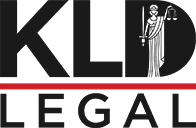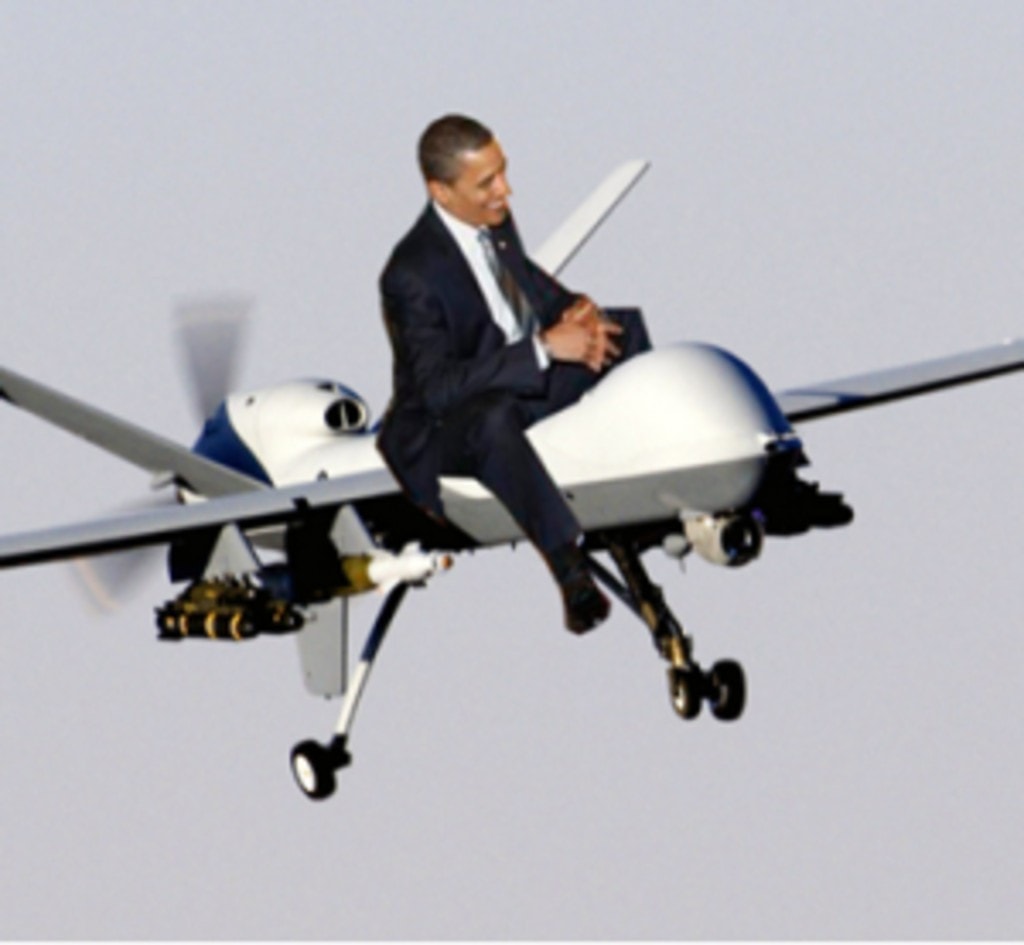If Obama flew the drone in this picture in Australia for a commercial purpose, he would have to:
- comply with the standard terms and conditions of operation;
- be a certified drone pilot;
- make sure the business conducting the drone operation was also certified; and
- know the new drone laws estimated to arrive later this year.
What’s in a name?
Under the new laws UAV’s (unmanned aerial vehicles) will become RPA’s (remotely piloted aircrafts) in official documents, including the UAV’s controller’s certificate, which will become a Remote Pilot Licence (RPL).
Otherwise, the existing laws and the standard terms and conditions of operation will continue to apply. Unfortunately, there are still a few mostly recreational drone operators who don’t know that standard terms and conditions of operation apply or what the standard terms and conditions of operation are.
Size and money do matter
When it comes to drones the size of the drone and whether it is being operated for a commercial purpose determines whether certification is required.
Operators of very small drones weighing under 2kg’s can fly without certification, provided they are not flying for commercial gain and comply with the standard terms and conditions of operation.
From 21 June 2016 it has been illegal to fly a drone for commercial gain without certification. ‘Commercial gain’ predictably includes flying for the purpose of advertising. Less predictably ‘commercial gain’ may also include uploading videos to YouTube. The commercial gain does not have to involve a direct payment.
On flights for commercial gain both the drone pilot and the business conducting the operation have to be certified.
Under the new drone law the pilot’s certification will be a RPL, and the certification of the business conducting the operation will be a UOC (or UAV Operator’s Certificate). Otherwise the changes to the laws are minimal, and the standard terms and conditions of operation will continue to apply.
To fly or not to fly? That is the question.
Under the standard terms and conditions drones must be operated:
- During the day, in good weather and when you have a visual line of sight.
- Below 400 feet AGL (above ground level).
- More than 30 metres from people not directly associated with the operation of the drone.
The standard terms and conditions do not permit drones to be flown:
- Over a populated area where there is an unreasonable risk of death, injury or property damage. Beaches, other people’s backyards, heavily populated parks or sports ovals where a game is underway come to mind.
- Within 3 nautical miles (or 5.5 km’s) of a controlled aerodrome or helicopter landing site, without approval.
- In prohibited and restricted areas – military facilities, national parks and Commonwealth reserves come to mind.
- Over an area where a fire, police or other public safety or emergency operation is underway, without the approval of the person in charge of the operation.
Contraventions
Drone operators who contravene the standard terms and conditions of operation can (and have) incurred fines ranging from $850 per contravention for basic contraventions up to $8,500 under CASR 101. CASA also have the power to prosecute drone operators who injure someone by operating a drone in breach of CASR 101.
Under the Environment Protection and Biodiversity Conservation Regulations 2000 (Reg 12.27), remote control devices, including planes, cars and drones, are not permitted in any Commonwealth reserve, and fines will be imposed. Anyone using a drone in Kakadu national park for example can be fined $1,700.
Drones gone wrong – public safety and privacy
The Australian aviation industry and civil libertarians weighed into the drone debate that preceded the new drone laws with worrisome concerns about public safety and privacy. Both wanted a bigger legislative footprint for drone regulation. They point to the fact that the Privacy Act only applies to organisations with an annual turnover of $3 million or more, which wouldn’t apply to most recreational drone owners, as one of the reasons why.
As drone technology has become cheaper and more accessible, the number of accidents has increased.
Hobbyists operating very small drones, unlike commercial operators, are not required to have public liability insurance. So how will individuals or businesses that are in an accident with and are injured by a rogue recreational drone and suffer loss as a result be compensated and by who? Maybe a compulsory third party insurance scheme for drone operators attached to the Insurance Commission is required?
Some of the incidents involving drones to date that could have had serious consequences include:
- Crashing to the ground outside the Rod Laver Arena during the World Cup Cricket.
- Crashing onto a car parked at Toowoomba Airport.
- fracturing the hand of singer Enrique Igelsias at a concert in Mexico;
- Hitting a power line and just missing a Melbourne police officer.
- Near misses with aircrafts in Western Australia, NSW and Victoria, and the Westpac Rescue helicopter near Newcastle in NSW.
- Cutting the back of a marathon runner’s head in Geraldton.
- Crashing into the Sydney Harbour bridge before landing on train tracks.
The counter-terrorism squad was alerted after the Sydney Harbour bridge incident. CASA investigated the incident and a fine of $850 was imposed on the drone operator for contravening CASR 101 because the airspace around the bridge is a restricted area for all aircraft.
CASA recommends that prior to take off, drone operators know and comply with the standard terms and conditions of operation and, contact the local City or Shire Council to find out what airspace a drone can be flown in.
KLD Legal has aviation law experience and advises on :
- Standard terms and conditions for all commercial enterprises, including operating drones for commercial gain.
- Tailor made terms and conditions for your business and commercial flights.
- Legal advice on terms and conditions that you are considering or have been asked to enter into.
- Advice on dispute resolution and litigation to drone operators, businesses and individuals.
- The contact details of a personal injury lawyer for individuals who have come into contact with a rogue recreational drone.
Feel free to call us on (08) 9275 477 for an obligation free consultation.

